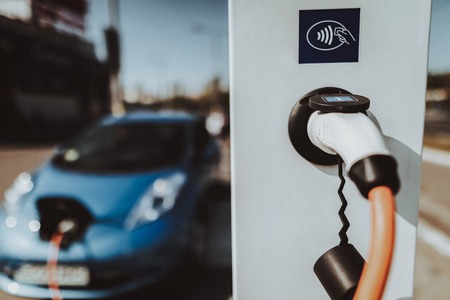Talking Transportation
By Jim Cameron
Thinking of getting an EV (electric vehicle) this year? Well, there’s good news and bad.
As many as 50 new EV models are expected this year. And with new tax incentives you can get an immediate $7500 credit from the IRS at the dealership without waiting to file your taxes.
But there’s plenty of bad news for EVs, too.
First came the recent rejection of Governor Lamont’s plan to follow California (and other states) in banning the sale in Connecticut of ICE (internal combustion engine) gasoline powered cars after 2035. Not that the proposal ever came to a public referendum or even a full vote in the legislature. Rather, the little-know legislature’s Regulation Review Committee was poised to vote on the ban when the Governor counted votes and “pulled the plug”, fearing they would reject his plan.
The Governor still supports the idea and seems headed toward an up or down vote by the General Assembly, though recent polling doesn’t seem to show a lot of public support.
Then came word that the state would no longer be offering free EV charging at our interstate highway service areas. After all, these charging stations can cost upwards of $100,000 to install and electricity costs in Connecticut are the third highest in the US. So why should EV owners get a literally free ride while the rest of us are paying at the pump?
Even UConn students will be asked to pay for their EV charging at their 50 campus stations across the state. And municipalities are moving away from free charging too.
Yes, EVs are cleaner. But they’re still more expensive to buy, even with tax incentives. They’re more costly to insure than regular cars. Given their batteries, EVs are heavier, causing more damage to our roads… which depend on gasoline taxes (which EV owners don’t pay) for their upkeep.
Depending on where you charge your EV, away from home you’ll pay about 56 cents per kWh, twice the cost of charging at home. That means doing a fast-charge on, say, a Tesla can cost over $40, about the same as a full tank of gasoline.
Eversource predicts a 70% increase in electricity demand in Connecticut by 2050. So the question is… where’s the generating capacity going to come from and will there be enough to literally keep the lights on and charge our EVs?
Today some 46% of our electricity is generated using natural gas and 23% of it comes from nuclear power. Only 3% of Connecticut’s electricity comes from wind power, so a lot is riding on expanding that technology to meet growing demand.
It’s disconcerting to see major Northeast wind-farm deals getting canceled or renegotiated at higher rates as the contractors blame supply chain issues and inflation.
We’re not building new generating facilities fast enough to meet demand, which will only drive up pricing.
Converting our driving to all-EV is an admirable aspiration but won’t be without its challenges… or costs.
Jim Cameron is founder of the Commuter Action Group and advocates for Connecticut rail riders. His weekly column “Talking Transportation” is archived here. You can contact Jim at CommuterActionGroup@gmail.com.

